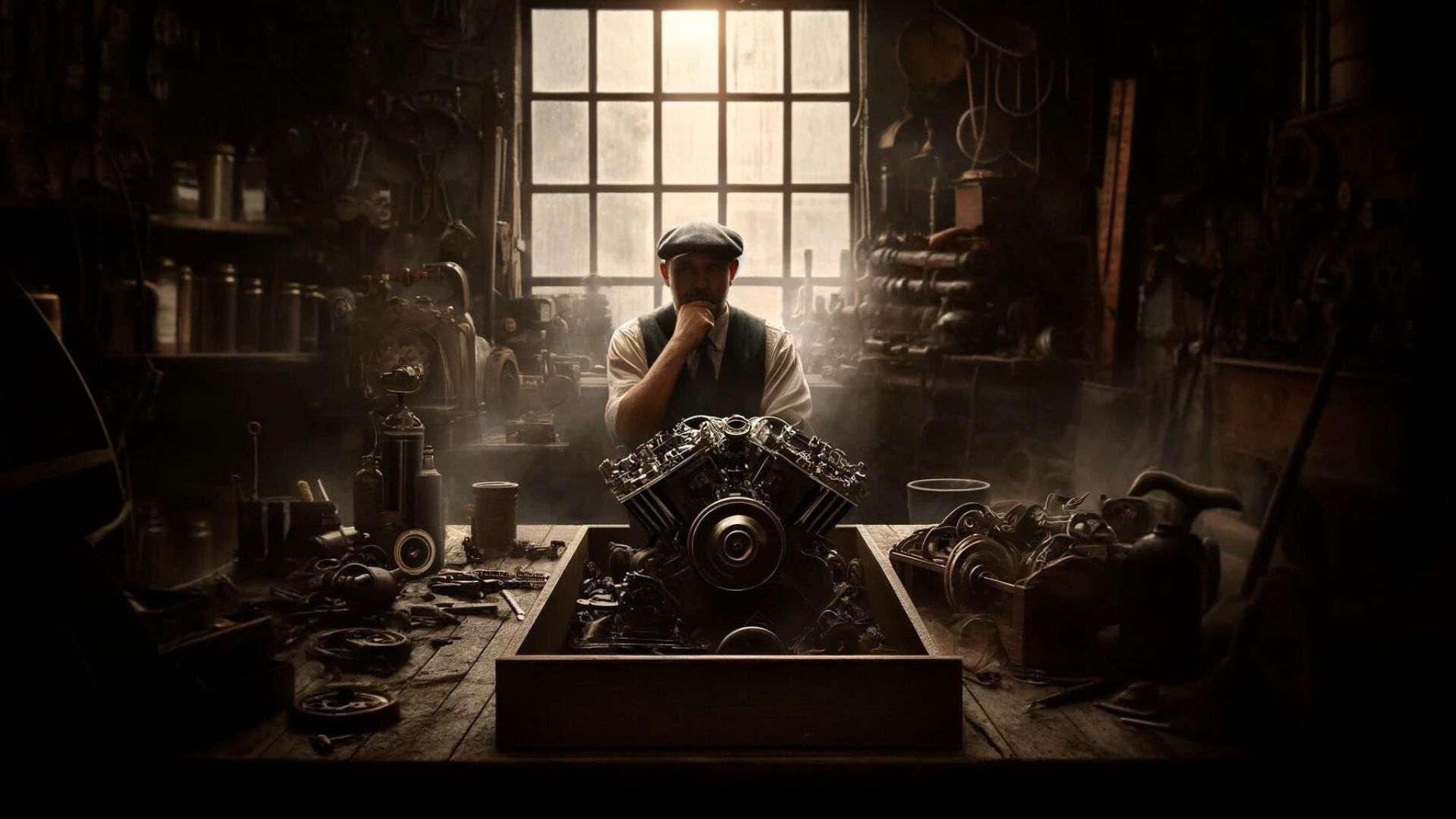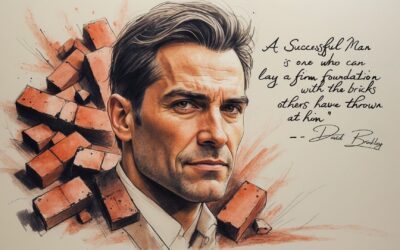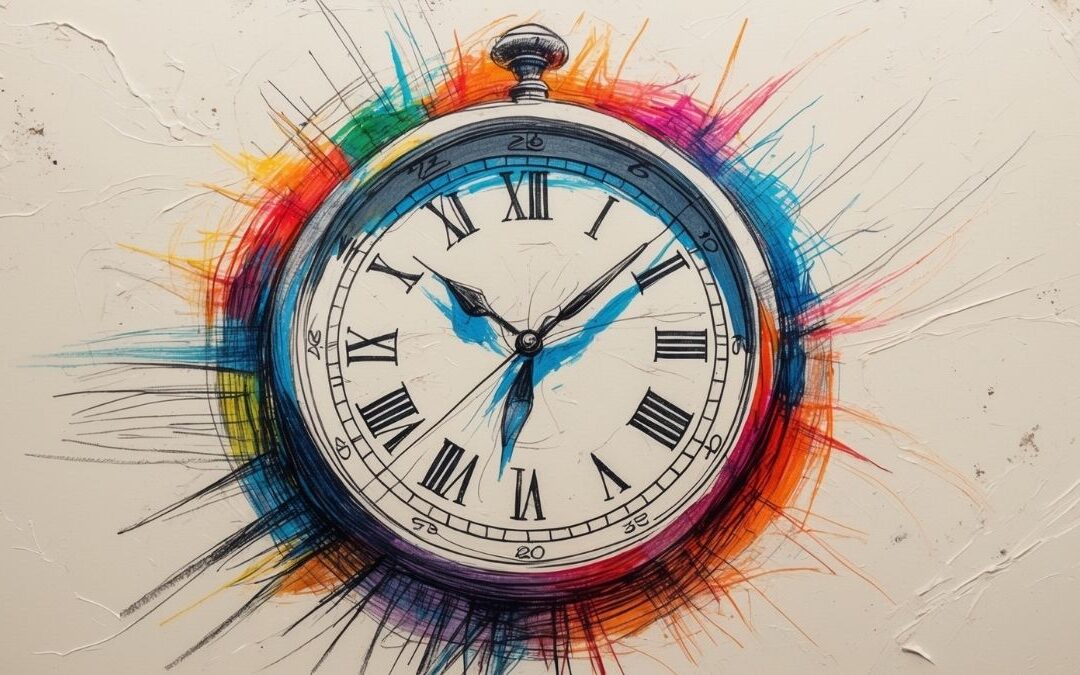Henry Ford on Mistakes: Turning Failures into Lessons
“The only real mistake is the one from which we learn nothing.” This insightful quote from industrial pioneer Henry Ford highlights a powerful philosophy – that even our missteps can serve as valuable catalysts for growth and improvement. But when is it wise to embrace this viewpoint, and when should we hold ourselves to a higher standard?
Unpacking the Wisdom
Ford’s quote suggests that the true failure lies not in making a mistake itself, but in neglecting to extract valuable lessons from it. Here’s why this outlook matters:
- Resilience and Progress: Learning from mistakes allows us to adapt, avoid repeating the same pitfalls, and move forward with greater knowledge and skill.
- Innovation: In Ford’s own revolutionary work, embracing trial and error likely played a crucial role in refining his ideas and achieving breakthroughs.
- Reduced Fear of Failure: Understanding that mistakes are learning opportunities can encourage a more experimental mindset, increasing the likelihood of taking calculated risks with innovative potential.
Times to Embrace Ford’s Perspective
- Exploratory Stages: When learning a new skill, pursuing a creative project, or venturing into unfamiliar territory, some errors are expected. Focus on analyzing these to improve.
- Complex Challenges: When solving problems with no easy solutions, trial and error may be necessary. Reflecting on what didn’t work brings you closer to what does.
- Personal Growth: Embracing mistakes as a part of self-development can help us overcome perfectionism and foster a greater willingness to learn.
When Caution is Required
There are times when aiming for near-flawlessness is essential:
- High-Stakes Situations: In fields like surgery, aviation, or handling dangerous substances, meticulous precision is vital. The goal is to prevent mistakes, not just learn from them.
- Ethical Dilemmas: Moral lapses cannot be excused as mere “learning experiences.” We should strive to make the right choice from the outset.
- Habitually Bad Decisions: If a pattern of repeated errors reveals a lack of judgment or preparation, deeper changes are required – not just viewing those errors as lessons.
Finding the Balance
Henry Ford’s quote offers a valuable reminder that mistakes hold the potential for learning. Yet, we must also respect situations where excellence and a proactive approach are essential. The wisdom lies in recognizing when to embrace calculated imperfection for the sake of growth, and when to strive for our best outcome from the start.
In Conclusion
Ford’s perspective can empower us to approach setbacks with resilience and a thirst for improvement. By consciously reflecting on our errors and making course corrections, we transform mistakes into stepping stones for future success.










0 Comments